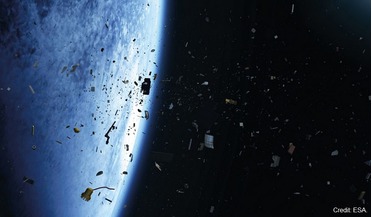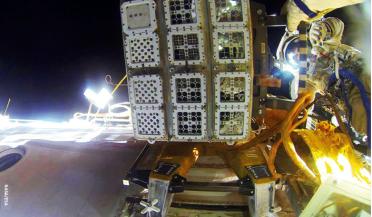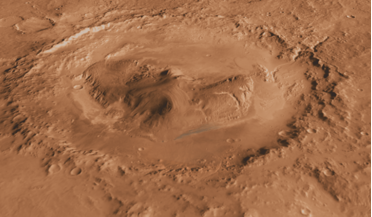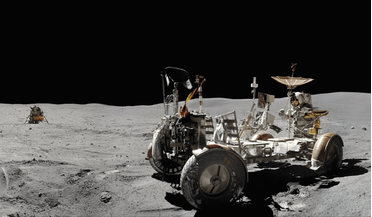 June 2019
The challenge of planetary protection
June 2019
The challenge of planetary protection
... and the need to ensure safety of the Earth. The authors address the concerns and challenges of ‘planetary protection’. Planetary protection is a system of agreed international guidelines applied in the exploration and use of space in order to avoid...
 June 2015
The new space ethics: COSPAR, Planetary Protection and beyond
June 2015
The new space ethics: COSPAR, Planetary Protection and beyond
... been suggested that the COSPAR guidelines should be given the force of law as a means of embedding the ethics of planetary protection.14 This, of course would have longer-term ramifications for those projects seeking to colonize planets such as Mars...
 September 2023
How microorganisms survive space travel
September 2023
How microorganisms survive space travel
..., the data from these experiments will not allow us to fully assess biological risks both in terms of addressing planetary protection issues and in terms of preparing medical and biological support for human interplanetary missions. This is because...
 11 May 2020
Martian brines likely to be present, just not habitable says new study
11 May 2020
Martian brines likely to be present, just not habitable says new study
..., argue the authors and as such it means these brines cannot be classified as ‘Special Regions’ according to Planetary Protection policies, as they cannot sustain terrestrial life. Special Regions on Mars are defined as environments able to host...
 June 2020
Saving Earth – time for a new cooperative framework
June 2020
Saving Earth – time for a new cooperative framework
... improved by all of the world’s space agencies as they are re-oriented to make planetary defence a top priority. Finally, we need to have a much better understanding of which protective tools and diversion tactics are the most effective and cost...
 April 2021
Managing the Moon - a model for engaging with planetary environments
April 2021
Managing the Moon - a model for engaging with planetary environments
...have become used to seeing the Moon as a dead rock, while the Committee on Space Research’s Planetary Protection Policy has no requirement to protect the Moon as there is no life there. But with proposed missions planned to establish a more permanent...